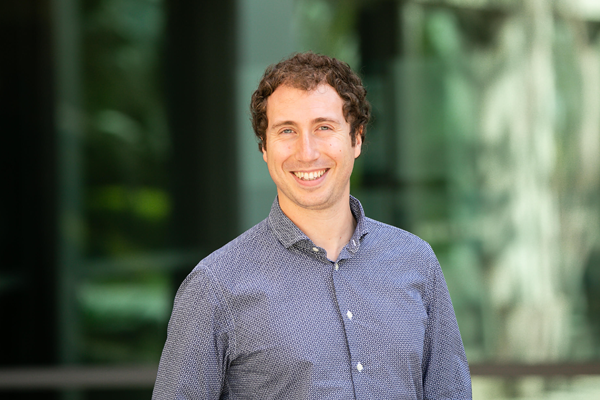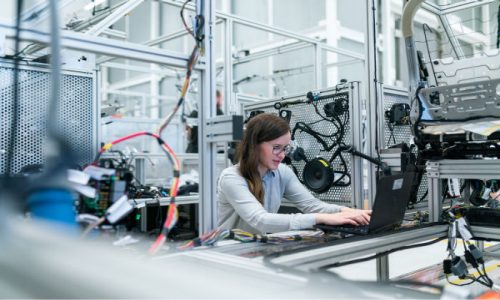
Hi, Estephany; please kick things off for us with an introduction to yourself and your story.
Hello. My name is Estephany Santiago, and I am a Ph.D. in Chemical Sciences currently working in industry as a product engineer. I am from the beautiful state of Chiapas, Mexico, where I earned my Chemical Engineering Degree in 2008 from the National Technological Institute of Mexico (TecNM, Tuxtla Gutierrez). Shortly after, I moved across the country to study for a master’s degree in chemical sciences at the TecNM campus in Tijuana, and a couple of years later, I joined the Ph.D. program.
When and how did you decide to study the chemical sciences?
The decision was partially made while studying for my engineering degree. Here in Mexico, the programs are established such that you cannot make many choices about optative subjects, so I was a little disappointed when I found out that the chemical engineering degree was more engineering than chemical. As a result, I wanted to pursue a chemical-related degree, and a master’s degree opened my possibilities to do research at the same time.
What attracted you to a career in industry? Did you ever consider alternative career paths?
I found the aspect of applied research and the ability to see your work “in action” most attractive. I initially did not consider working in the industry because I was unaware of the jobs a Ph.D. holder can perform. One thing that is not taught in grad school, at least not here in Mexico, is the working possibilities that your degree can offer. While you are in grad school, you imagine working in a lab until the end of your working life, publishing papers, and attending or giving conferences; however, very little is talked about the other positions one can do in the industry.
By my third year of Ph.D., I knew that being a professor was not my calling, so I started asking my friends and advisor what positions or jobs might be out there for me. They were a great help, and I ended up applying for a project engineering position. By the time I defended my degree, I already had the job offer.
Can you tell us a little bit about what a day in the life looks like at your job?
It is a little bit of everything, and I usually don’t have two workdays with the same exact activities but what I generally try to do is the following:
First, I check my emails, so I can find out if have any new meetings or activities with a higher priority. Then, I answer the emails that need immediate attention and I make a list of the things I need to address that day. After that, I move on to attend meetings; the jobs I have had since graduating primarily have morning meetings.
After that, I start working on reports, presentations, or technical papers that need to be written either for company use or for customers. Since I work in an engineering position, I also need to dedicate time to going to the manufacturing floor to review processes or products we are trying to improve or validate. These last two activities take most of my day, but the constant movement keeps my day interesting.
Other times, I need to prepare samples and go to the lab, which is when I am the happiest. I think this is because I miss spending days in the lab, but having the opportunity to do a little of everything is a great experience.
What is the most rewarding aspect of your position?
I would say the gratification of seeing all your hard work in a finished/improved/validated product and knowing that someone, maybe your family, friends, or even your favorite racing team in Formula 1 can use a quality product you helped to develop or improve is the most rewarding aspect. I always want to help my community, and this is another way to do it.
If you could give one piece of advice to someone starting their first job, what would it be?
I would say let your work speak for itself. When you are dedicated, passionate, and enjoy what you do, that is reflected in your work results. Don’t look at what others do; focus on your own work and do your best. Finally, always try to be aware of the new trends in your field and network; you don’t know when you are going to meet your next opportunity.
About the Contributor
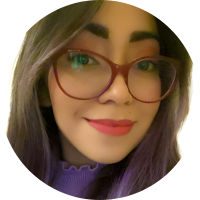
Dr. Estephany Santiago is a Product Engineer in the Aerospace, Defense, and Marine manufacturing industry (TE connectivity) doing research and development of new products and processes. Her current work involves polymer science, chemical characterization, applied research, and engineering applications.
She previously worked for the optical manufacturing industry (Zeiss, Vision Care) as a project engineer in the technology and Innovation department for almost two years.
She obtained her Ph.D. In chemical science in Jan 2022 from the National Technological Institute of Mexico (Tijuana campus) where she worked on the synthesis, modification characterization, and characterization of nanoparticles with highlight experience with
magnetic nanoparticles. She obtained her master's degree from the above-mentioned Institution where she worked with the synthesis and modification of nanoparticles made from biopolymers for drug release.
Estephany started to participate in the ACS in 2020 and joined the Virginia section at the end of 2022, where she is a volunteer in the younger chemist committee assisting the team and creating promotional flyers to advertise the different YCC events.
**By the time of this article’s publication, she was offered a Process Engineering – Chemist position for TT electronics in Plano, Texas.
This article has been edited for length and clarity. The opinions expressed in this article are the author's own and do not necessarily reflect the view of their employer or the American Chemical Society.

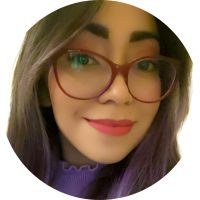
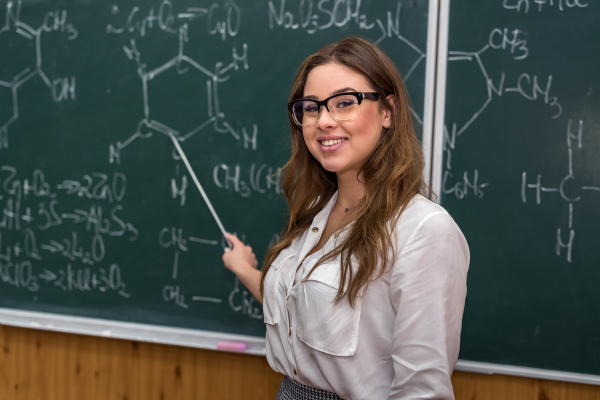

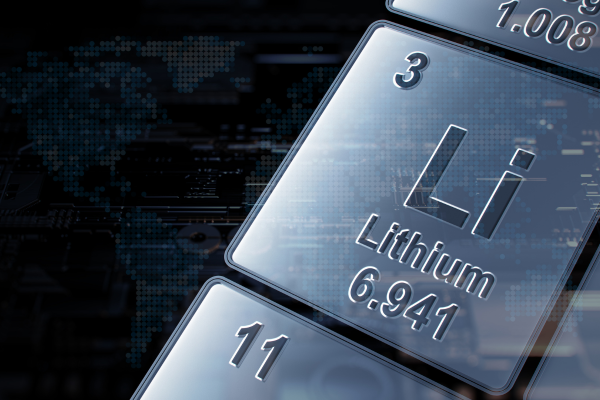

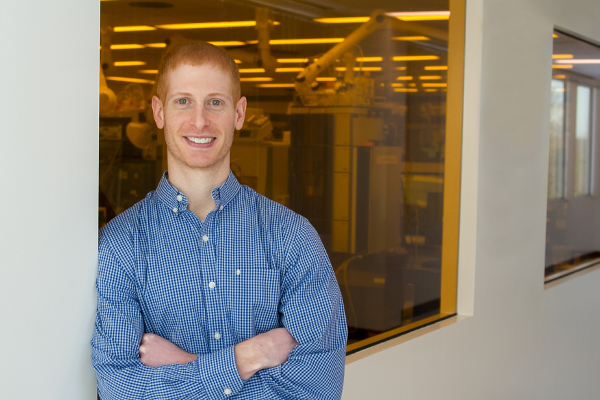
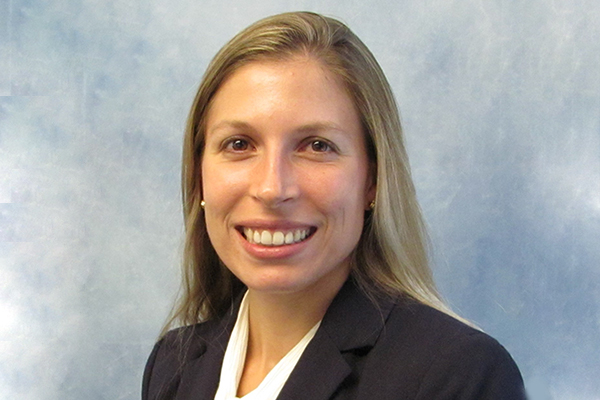
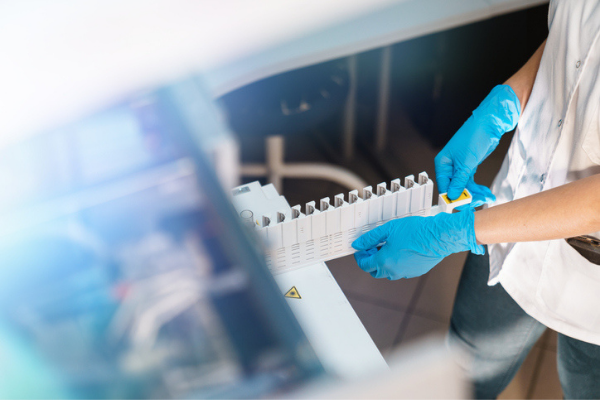
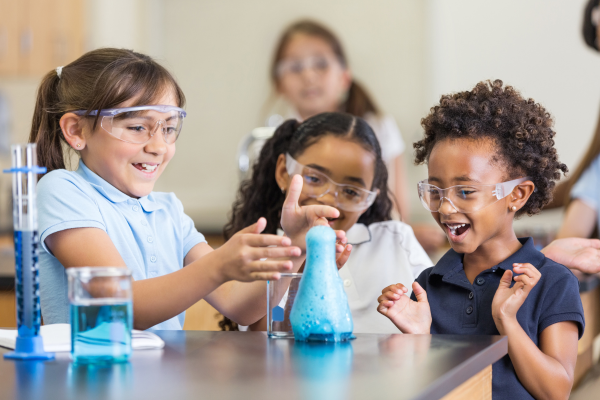
/bridget-wooley-600x400px.png)
